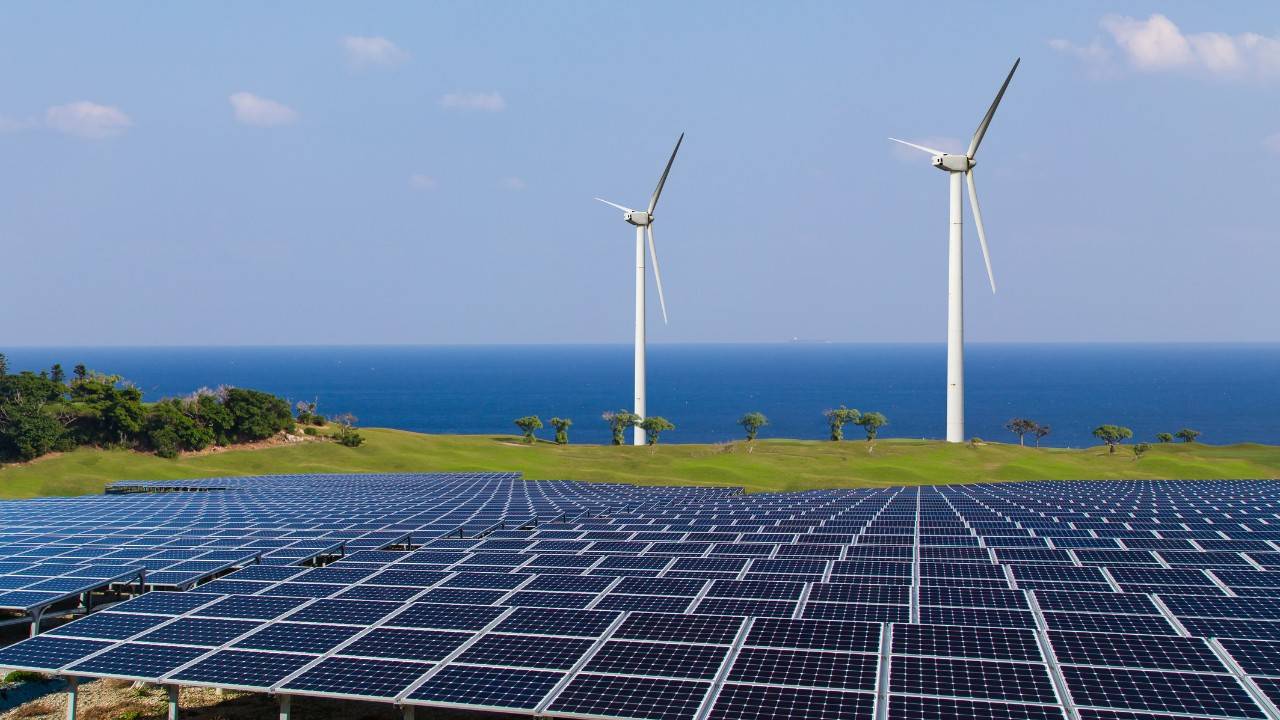In a significant leap towards its 2030 renewable energy target, Germany has reported a notable increase in the share of renewables in its power grids. According to the sector’s regulator, this share rose by 6.6 percentage points last year, reaching 55% of the total energy mix. This development marks a crucial step for Europe’s largest economy in its transition to green power.
Germany is on a mission to ensure that 80% of its energy comes from renewable sources by 2030. The country has already phased out nuclear power and is moving away from coal generation. Its current focus is on using gas plants primarily for grid backup.
The growth in renewable energy sources is diverse. Offshore wind farms contributed 31.1%, solar power 12.1%, and biomass 8.4%. Hydropower and other renewable sources made up the remaining 3.4%, as stated by the Bundesnetzagentur, the regulator. The increase seen in 2023 was not just due to capacity expansion. Weather conditions also played a significant role, the regulator noted.
Economy Minister Robert Habeck commented on this achievement, “We have broken the 50% mark for renewables for the first time. Our measures to simplify planning and approvals are starting to take effect.”
The transition involves a shift from centralized fossil fuel-based generation to numerous decentralized, low-carbon production units. These units rely heavily on wind and solar energy.
Interestingly, the total load on public power networks in 2023 dropped by 5.3% to 456.8 terawatt hours (TWh). This reflects a decrease in demand and a preference for green power over fossil fuels.
However, Germany’s economic landscape is still recovering from the impacts of Russia’s invasion of Ukraine. The conflict led to a significant reduction in Russian energy imports. This triggered sharp energy price increases in 2022.
In a turn of events, last year saw the benchmark day-ahead power price drop by 60%. It fell to 95.18 euros per megawatt-hour (MWh), returning to levels seen in 2021. This price change reflects the growing influence of renewable energy in the country’s power market.
More inspiring green news similar to this:

